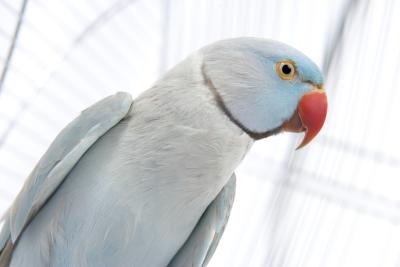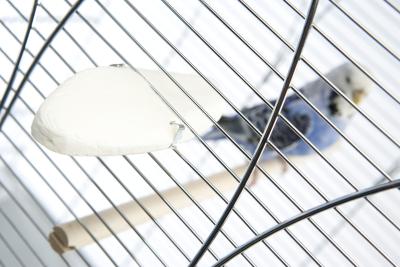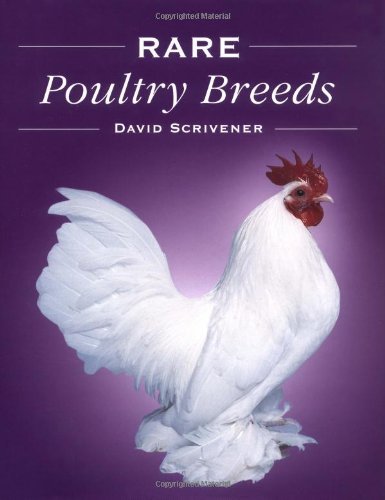
Backyard hens not only provide delicious eggs, provide fertilizer for your garden and eat your kitchen scraps and weeds - they also make a great 'economical' pet. Forget the dog, cat, fish or guinea pig. Hens are becoming the popular, cost-effective pet emerging in suburban backyards across the country.
How much would I spend on a hen?
One of the first expenses incurred when adding a pet to your family is the cost of the animal itself. Several hundred dollars can easily be spent on pets such as purebred dogs and cats. This is thankfully not the case for the humble hen. 'Point of lay' hens which are around 16-22 weeks in age and ready to lay their first egg are not only inexpensive to actually purchase but cost very little to keep. These young hens, referred to as 'pullets', generally around $20. Generally the younger the pullet, the cheaper she will be, as you have to be prepared to care for the hen for longer before she'll lay you her first egg.
Once-off expenses
Like most other pets, hens do require adequate housing, which is likely to be the largest outlay of money you'll encounter with these animals. There is a range of mobile hen houses available to purchase online, or you might like to attempt to make your own if you're particularly budget conscious. If you decide to purchase a pre-made hen house, you'll find that there's a range inexpensive, imported hen houses available online, priced from around $200. Of course, as is often the case, you get what you pay for. These are cheaply made and might last you a year or two at the most. Other quality Australian made hen houses which will last you much longer, and which are made for the Australian weather conditions, are priced from around $500 plus delivery.
You'll also need a laying box, for the chickens to lay their eggs; perches for the chickens to roost on at night, and a suitable self-feeder and drinker.. These final items may cost you around $40-$80 again depending on the quality of feeders you purchase.
How much will I spend on feed?
In terms of feed, hens need around 700-900g of a grain mix or pellets per week. This amount will vary depending on the quantity of kitchen scraps or garden weeds that you're able to give them. Depending on quality of the mix, poultry feed varies in price from 70-90c per kg. So you'll likely spend around 70c per week on feed, per laying hen.
How much will I save on eggs?
In return you'll get very tasty organic eggs each morning (around 6 per week per hen) and plenty of manure to fertilize your garden. With free-range eggs costing at least $4 per dozen, you can look forward to a good return on investment (particularly compared with other pets which don't contribute to your breakfast!). Over a year you'll likely spend approximately $36 on feed per hen and you'll be saving $104 on eggs, not to mention the free fertilizer for your garden. On average, suburban hen owners have around 3 hens, so that's around $270 extra in your pocket each year.
Hens are such a simple way to bring a little bit of country to your backyard. They're such an inexpensive pet that they actually 'earn' you money. Can't get much better than that!
 How Do I Know If My Bird Has Mites?
How Do I Know If My Bird Has Mites?
Ho
How Do I Know If My Bird Has Mites?
How Do I Know If My Bird Has Mites?
Ho
 Homemade Bird Perch
Homemade Bird Perch
Homemade Bird Perc
Homemade Bird Perch
Homemade Bird Perch
Homemade Bird Perc
 The Faverolle Chicken
Chickens with BeardsThe Fave
The Faverolle Chicken
Chickens with BeardsThe Fave
 How to Help Baby Birds That Have Fallen Out of the Tree
How to Help Baby Birds That Have Fallen Out of
How to Help Baby Birds That Have Fallen Out of the Tree
How to Help Baby Birds That Have Fallen Out of
 How to Disinfect a Bird Cage and Bird Toys
How to Disinfect a Bird Cage and Bird Toys
How to Disinfect a Bird Cage and Bird Toys
How to Disinfect a Bird Cage and Bird Toys
Copyright © 2005-2016 Pet Information All Rights Reserved
Contact us: www162date@outlook.com